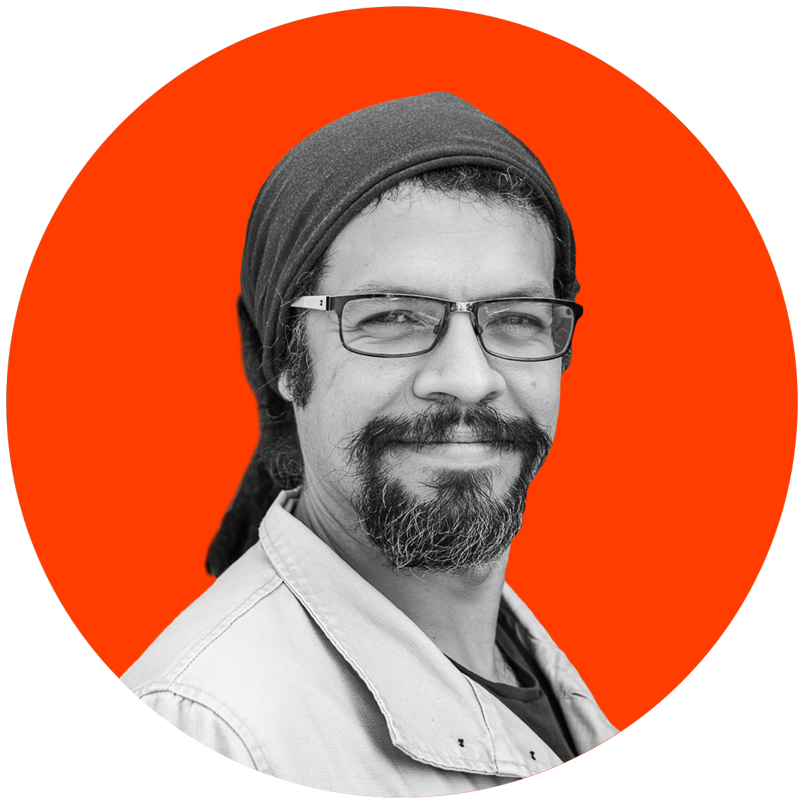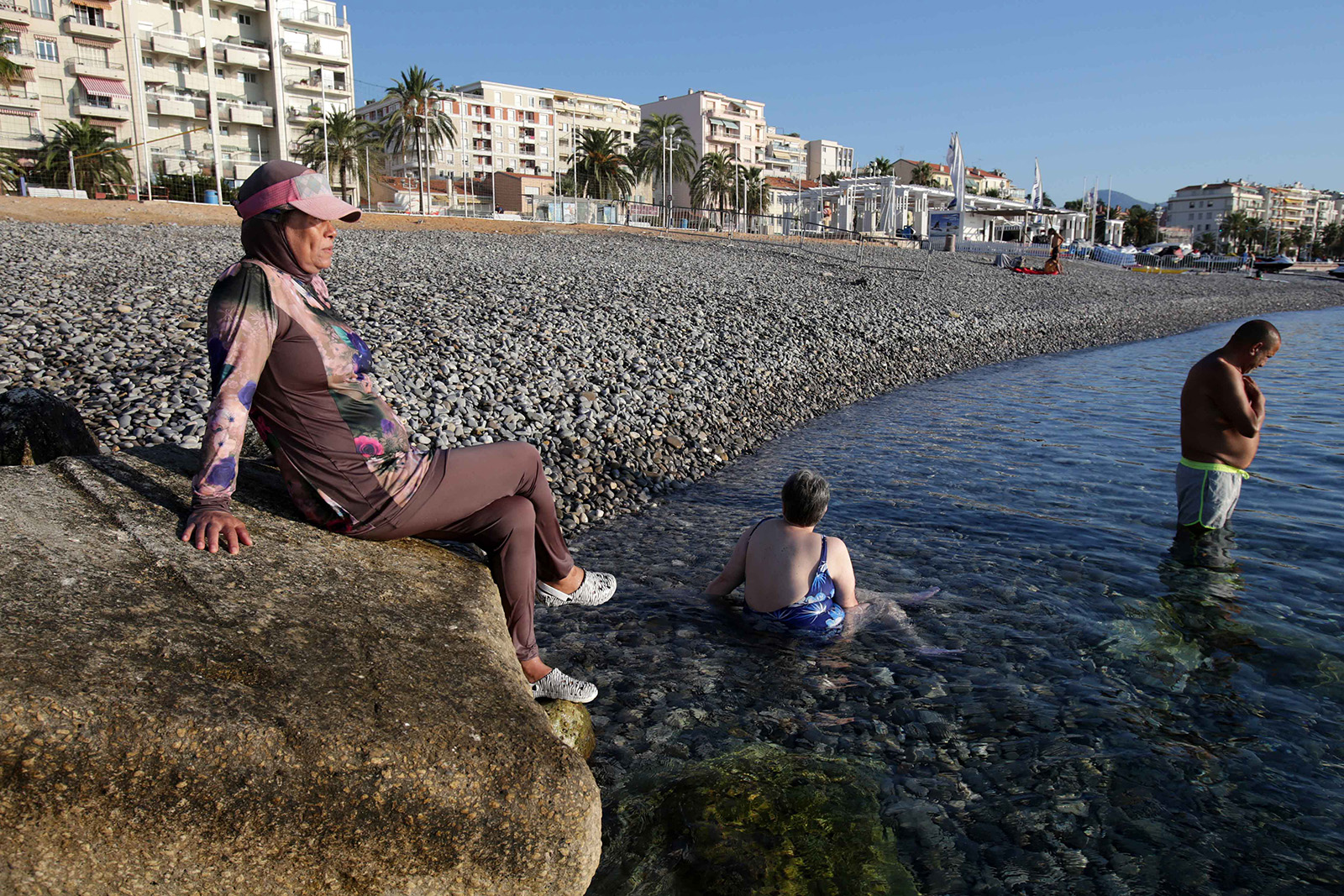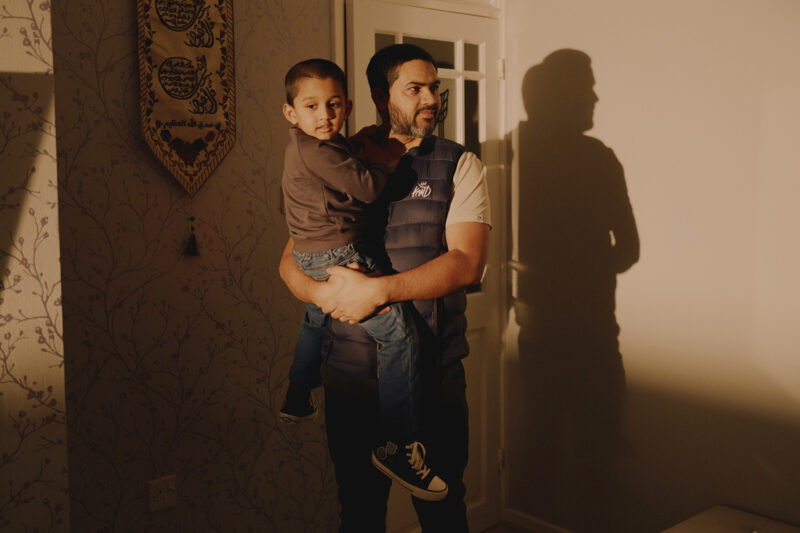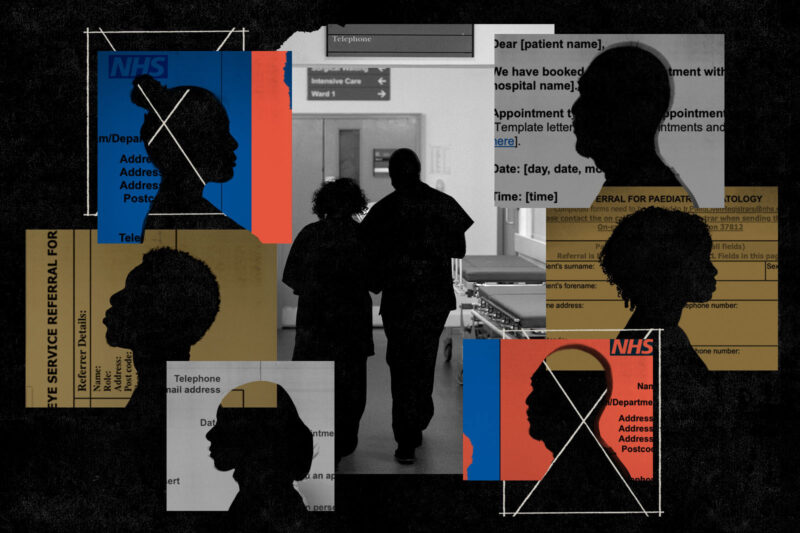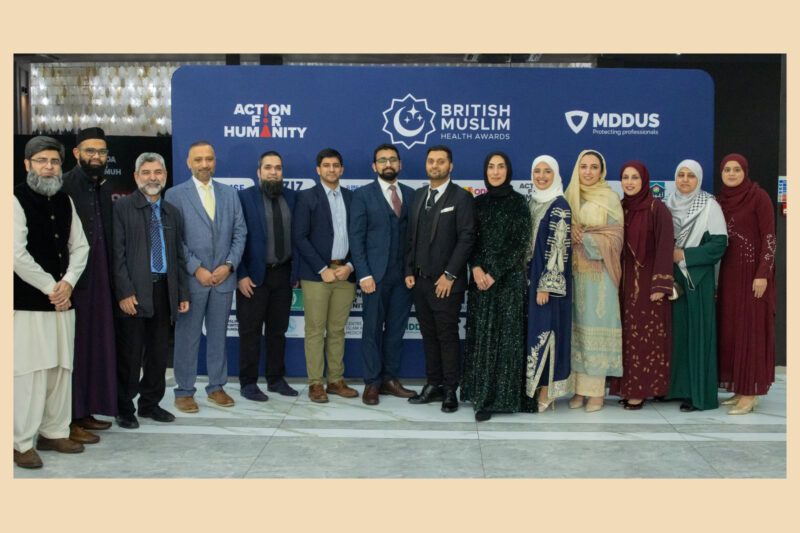New wave of young Muslim swim teachers makes a splash in south Wales
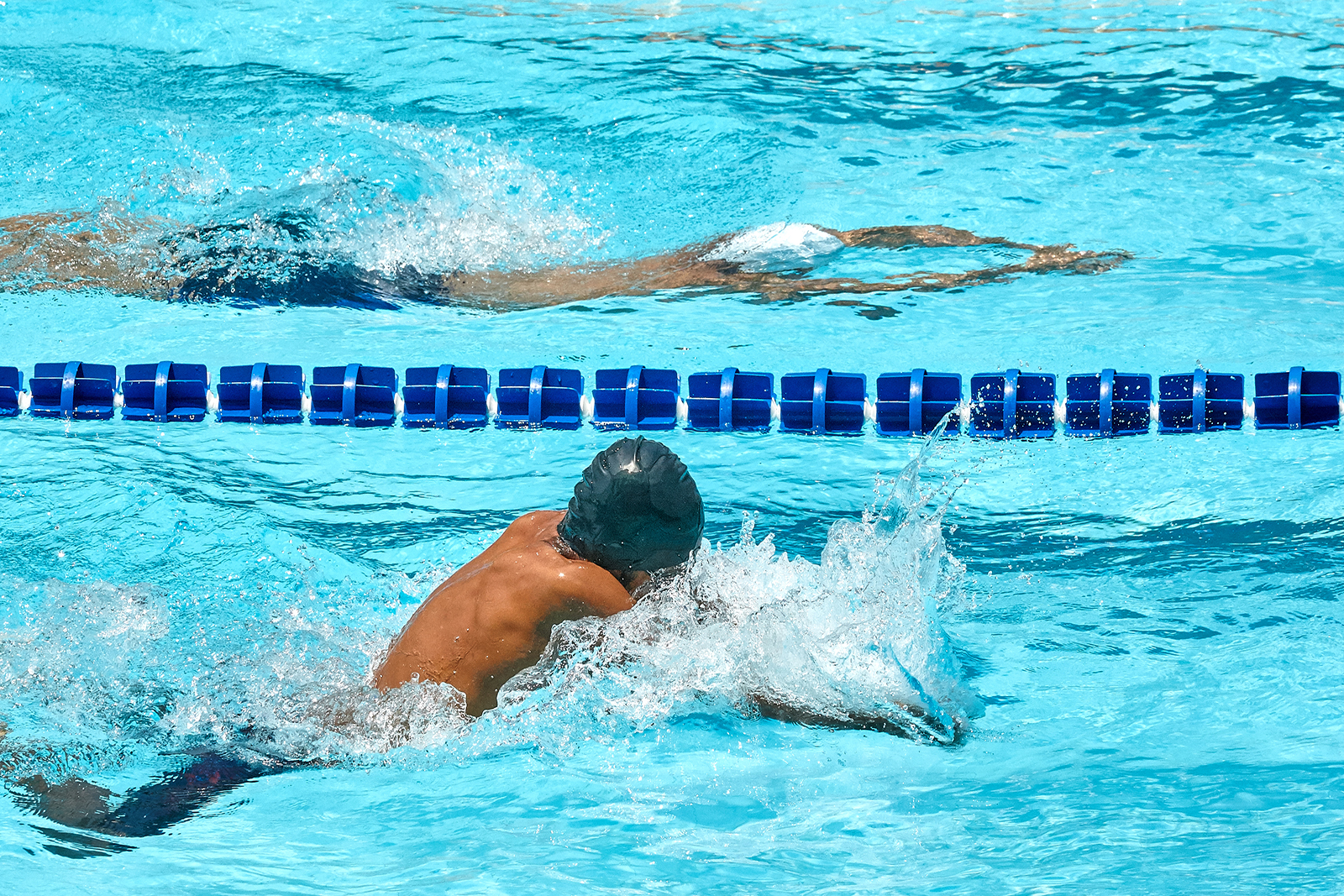
Charity KidCare4U is training a new generation who could help boost access to the sport
A new generation of teenage Muslim swimming teachers in south Wales could be helping to turn the tide on the sport’s lack of inclusivity.
The youngsters were trained by Newport charity KidCare4U after it was approached by Newport Live — which runs sports and leisure services in the city — as part of its wider Teach to Swim project.
KidCare4U’s first intake of swim instructors — three girls and three boys — began their training last summer and have since completed 30 hours of poolside volunteering and an online Swim Wales course. To finish the programme, they each had to run their own swimming lesson under the guidance of a coach from Swim Wales.
“They put you in the deep end in the best way,” said Amira Sheikh, 17. “They’ll give you a chance, but they’ll also hold your hand and help you with whatever you need, any questions, anything that I was stuck on.”
Fateha Islam, 16, has been working on Sunday mornings as a level one swimming teacher with primary school children since passing the course in January. Recalling the first lesson she ran, she said: “It was really similar to my volunteering, where I was in the pool with their normal teacher. However, I was the one leading the class. I took their names and I led the class from the start all the way to the end.”
Fateha and Amira, along with 16-year-old Khadija Islam, are now among the few Muslim swimming teachers in the UK, let alone Wales. At first, said Khadija, “I was really intimidated, not because of the people or the environment, but mainly because no one around me had ever done something like this. It’s not just with swimming — I think a lot of things that we’re learning about now, it’s like we are the first people to do it, especially because we live in a small city.”
Fateha added: “I used to have this kind of mentality that they might think of us as different, or as if we shouldn’t be there.” But since beginning the course, she said, she had grown to love being at work.
“Considering the fact that they want more people of colour and we’re like some of the first, I think it is such an honour being able to be there and show everyone that we are just as good as them,” said Amira.
Research by Swim England in 2022 found that Muslim adults experience some of the highest barriers to going swimming, including low confidence in the water, lack of gender-specific sessions and fear that they might not be able to wear what they wanted, or did not know what swimwear was allowed. The researchers found that, while Muslims want to swim, they tend to feel that swimming pools are for other people.
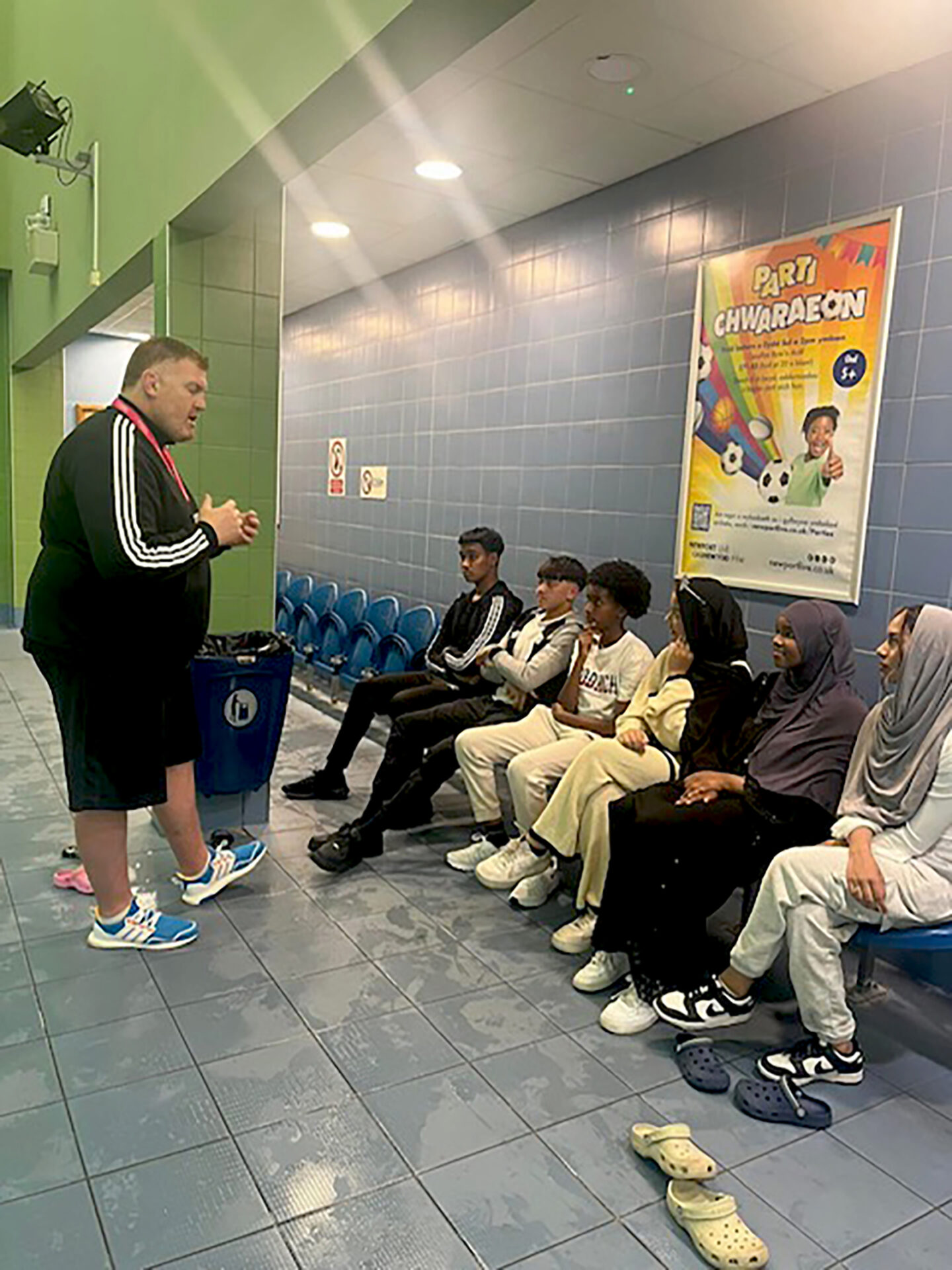
KidCare4U started life as an after-school club in Newport in 2017, but now runs classes and workshops to help both adults and children from minority ethnic backgrounds access sports, improve their health and get educational and employment support.
“The Teach to Swim programme is a phenomenal opportunity for the young people we work with from diverse communities,” said Rusna Begum, the charity’s founder. “Many of them would not usually have access to such experiences and it has truly helped build their confidence and sense of belonging, and given them the chance to excel in spaces they might not otherwise reach.”
Fateha is now looking to qualify as a lifeguard, which would mean the pool where she works would be able to put on more women-only swimming sessions — but she is still keen to keep teaching young people. “You get to know your children so well,” she said. “Even after 10 or 20 lessons, they’re still telling you every lesson how much they enjoyed it. That means so much to me.” Longer-term, she would like to work with children with special educational needs and learning disabilities.
Khadija, meanwhile, is enrolled on a level two swimming teacher course to lead classes without supervision. “I just feel like this is where I’m meant to be,” she said.
 Newsletter
Newsletter

